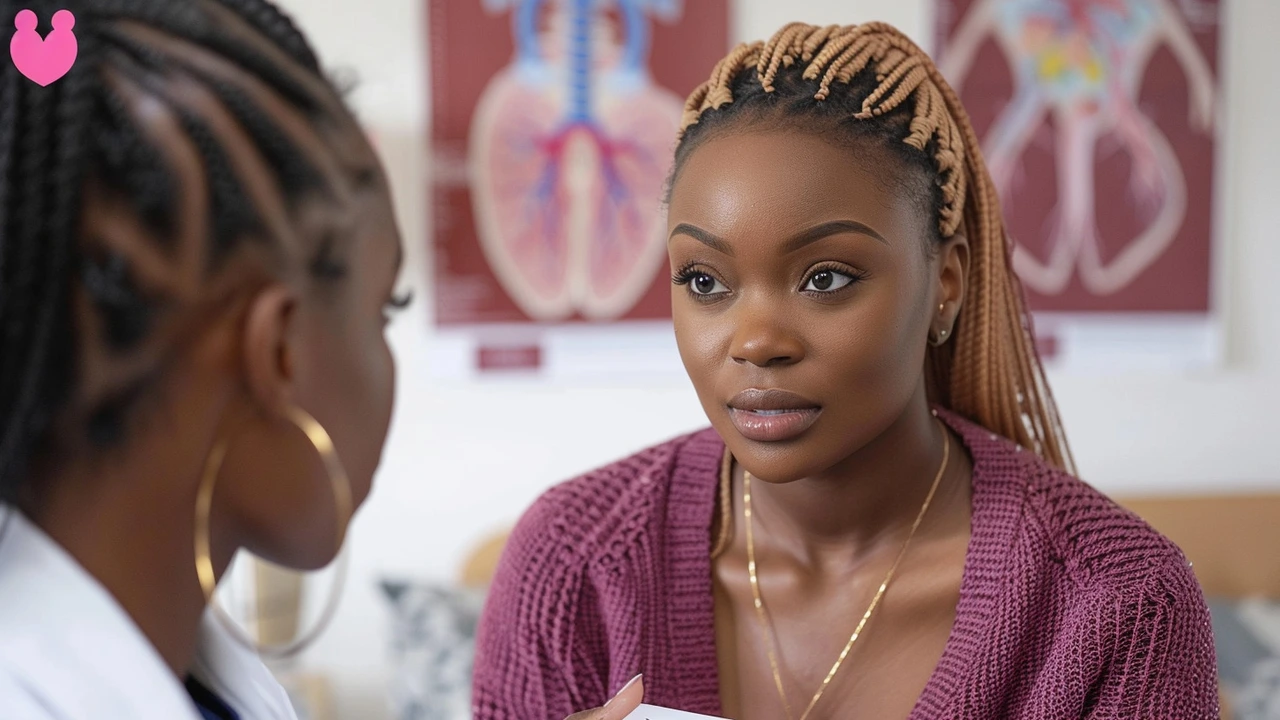STD Guide: Symptoms, Testing, Treatment & How to Get Meds Safely
STDs are more common than most people think, and many infections don’t cause obvious symptoms. If something feels off, quick action matters — testing, clear information, and the right treatment can stop complications and prevent passing an infection to others.
Know the signs. Some STDs cause burning when you pee, unusual discharge, sores, bumps, or swollen glands. Others show up as flu-like symptoms or nothing at all. Don’t ignore small changes: unusual discharge, pelvic pain, rashes in the genital area, or repeated urinary symptoms should prompt testing.
Testing and when to see a provider
Get tested if you have symptoms, a new partner, or a partner who tested positive. Routine screening is smart if you're sexually active: many clinics offer free or low-cost tests. Tests vary by infection — urine, swabs, or blood tests are common. If you think you were exposed in the last few days, call a clinic: some treatments or interventions work only within a short window (for example, emergency HIV meds).
If you test positive, tell recent partners so they can get tested and treated. Many places offer partner services or anonymous notifications through clinics. If you have severe symptoms — high fever, heavy bleeding, severe pain, or signs of spreading infection — get urgent care.
Treatment, medication safety, and online pharmacies
Treatment depends on the bug. Bacterial STDs usually need antibiotics; viral infections often need antivirals or long-term management. Don’t self-prescribe. Take medications exactly as your provider says and finish the full course for bacterial infections. Stopping early can cause resistance and treatment failure.
Buying meds online is tempting, but be careful. Use pharmacies that require a prescription, show a real address and phone number, and have clear privacy and return policies. Look for verification like a national pharmacy license or third-party seals. Avoid sites that sell prescription drugs without asking for a prescription, offer unusually low prices, or force payment by strange methods.
If cost or access is an issue, ask a clinic about patient assistance programs, local public health services, or generics. For prevention, condoms cut risk for many infections, and vaccines protect against HPV and hepatitis B. PrEP is available to prevent HIV if you’re at higher risk; PEP can work after a recent exposure but needs to start quickly.
If you’re unsure what to do next, call a sexual health clinic or your doctor. Quick testing and honest conversations with providers protect your health and your partners. Act early, use trusted medicine sources, and keep regular checkups as part of your routine sexual health care.

